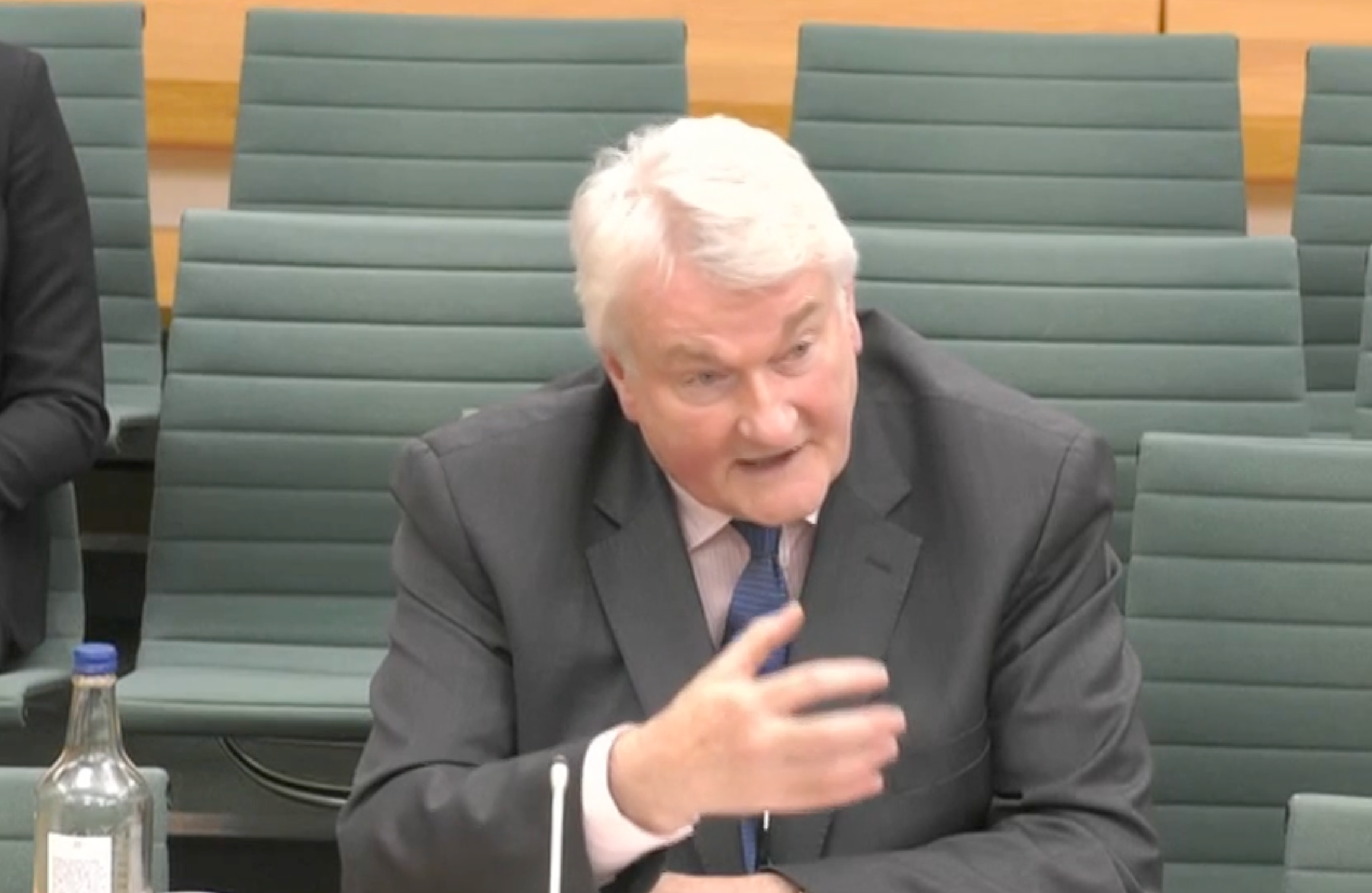England’s austerity-hit courts losing days of work to collapsing ceilings, broken lifts and Arctic conditions
Lord Chief Justice warns hundreds of millions of pounds needed to stop courts falling down

England's courts are so run-down they are losing days of work to collapsing ceilings, broken lift and Arctic conditions, the Lord Chief Justice has said.
Lord Burnett, the head of the judiciary in England and Wales, told MPs conditions on the courts estate were so bad that it was often "not reasonable" to expect people to work in "simply intolerable conditions".
He told the Commons Justice committee that an "eye-watering" hundreds of millions of pounds needed to be spent fixing the buildings if there was any hope of clearing a case backlog.
"HM Courts and Tribunals Service will be able to produce statistics, I don't doubt, if asked, about days lost to maintenance problems," he told the committee in a hearing on Tuesday.
"You will remember there was a survey done of the whole of the court estate some years ago with a view to identifying what needed to be spent on it.
"The figures were eye-watering: many hundreds of millions of pounds... but there is the need to spend hundreds of millions of pounds before too long on the court estate otherwise it's just going to get worse.
"It's no different from our homes: if you don't clean the gutters out you get waters in and then you're going to have to replaster the walls. It's as simple as that."
Lord Burnett, who has held the top judicial role since 2017, said he was "fairly confident" that the poor state of the courts estate was making it harder to recruit judges, and that the situation was also "very demoralising for staff".
Paul Maynard, a Conservative MP who sits on the committee who was previously a junior minister at the ministry of justice, added that he was "yet to see" a court that was in good condition.
The Lord Chief Justice replied: "To hear a former parliamentary under-secretary of state from the Ministry of Justice say he's never seen a court in good conditions is something..."
The head of the judiciary added: "There is a direct impact: when the ceiling falls down in a court, as it does from time to time, that court is out of action for some time.
"Every winter – we haven't had the cold snap yet – but every winter we lose hearings because heating is broken and there is a limit to how much you can expect people to sit in courts in coats, bobble hats and in gloves. You just can't do that. In the summer we have the reverse problem: that in many of our buildings the cooling systems break down and they become intolerable.
"Every year we have lifts breaking down which take ages to repair, which mean courts can't be used. So there is a direct effect of the capacity of the system to conduct business.
"But I think that's only part of it: the much more fundamental point is that it is simply not reasonable to expect the public, our staff or our judges, or the professionals, all those who come to court, to endure conditions which are simply intolerable."
In May this year the Ministry of Justice (MoJ) launched as search for a contractor to do £500 million in construction and repair works, though the work was mainly focused on prisons.
An HMCTS spokesperson said: “We are investing £150 million to fund repairs and building improvements – ensuring our courts can work at the maximum possible capacity. A further £477 million will allow us to drive down backlogs as we recover from the pandemic.”
Subscribe to Independent Premium to bookmark this article
Want to bookmark your favourite articles and stories to read or reference later? Start your Independent Premium subscription today.

Join our commenting forum
Join thought-provoking conversations, follow other Independent readers and see their replies